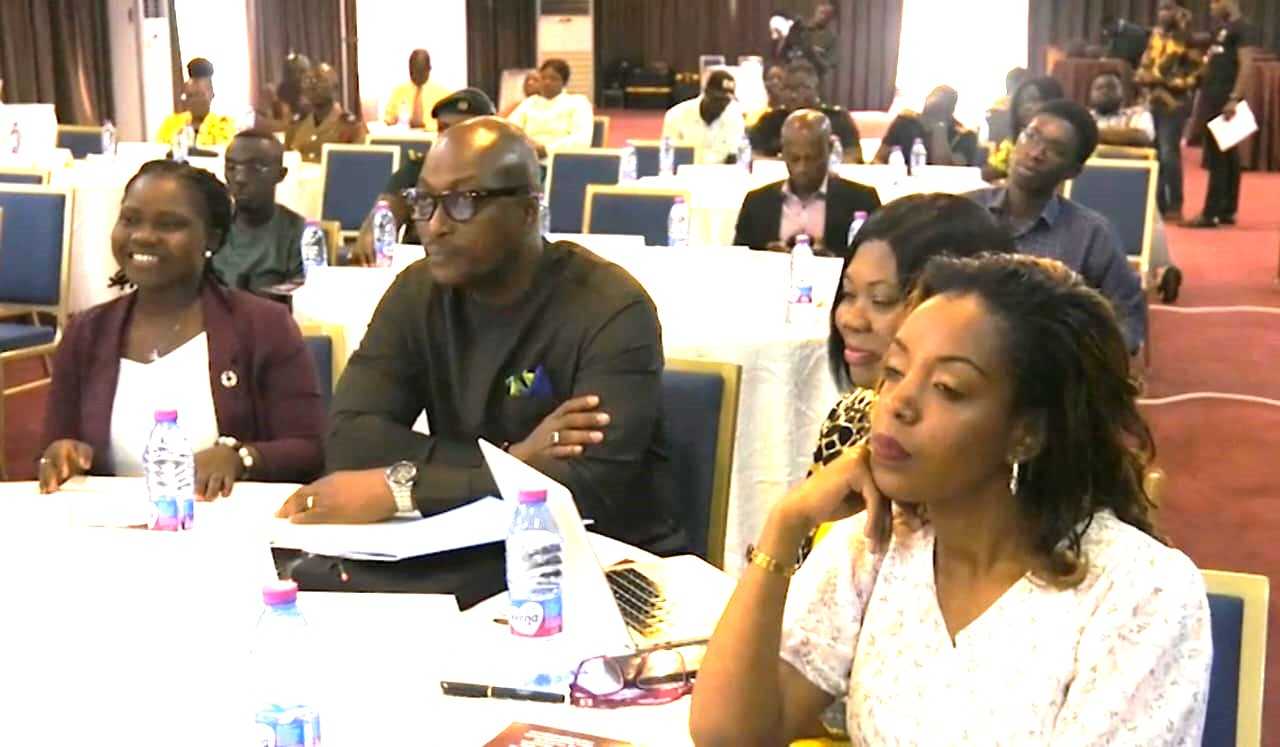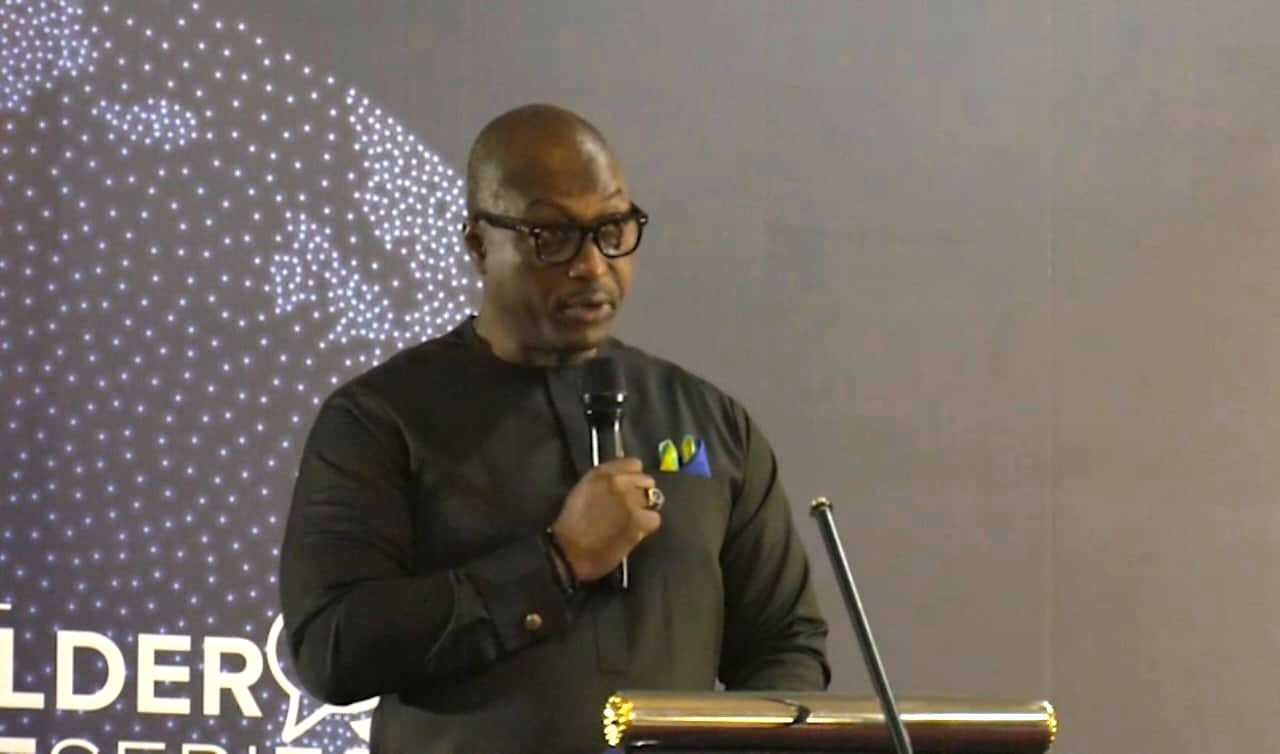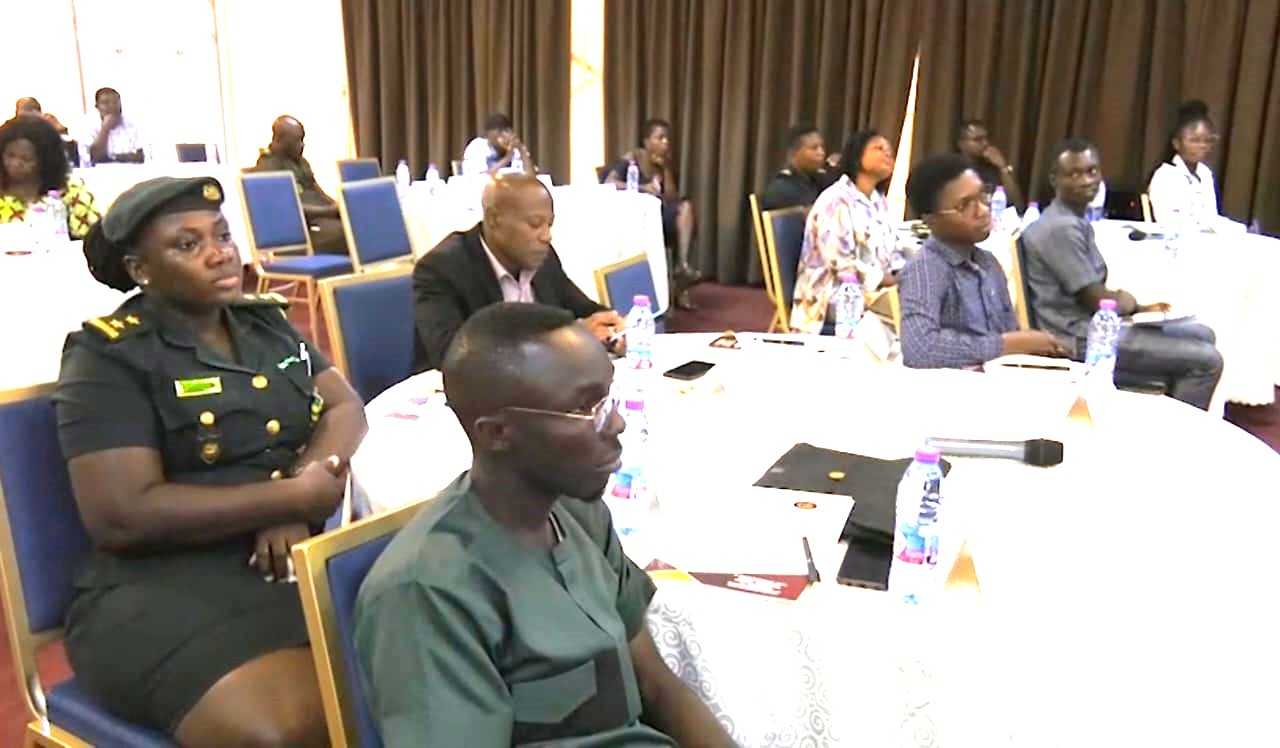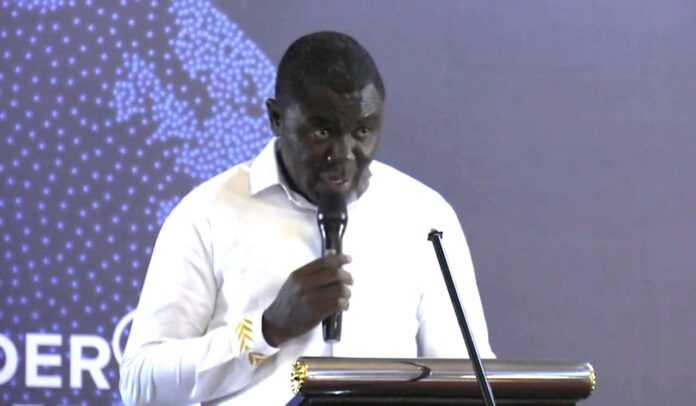Advertisement
An
estimated
17
African
countries
including
Ghana
are
to
conduct
their
presidential
or
general
elections
in
2024.
The
continent
has
for
the
past
three
years
been
threatened
with
political
instability
leading
to
coup
d’etats
and
other
disturbances.
But
speakers
at
the
Kofi
Annan
International
Peacekeeping
Training
Centre
(KAIPTC)
3rd
stakeholder
dialogue
series
event
are
expecting
the
outcome
of
these
elections
to
influence
the
trajectory
of
African
nations
in
their
journey
towards
stable
and
participatory
governance.

“Whilst
the
AU
Agenda
2063
provides
a
myriad
of
opportunities
for
economic
transformation
and
growth,
the
continent
continues
to
be
threatened
with
bad
governance,
violent
extremism,
terrorism,
cyber-attacks,
political
upheavals
resulting
in
a
surge
of
coup
d’états
in
the
last
3
years.
“As
Ghana
goes
to
the
polls
in
December
this
year,
it
is
imperative
for
us
to
reflect
on
the
pivotal
role
that
civic
engagement
and
strong
institutions
play
in
the
sustainable
development
of
our
nation”,
Deputy
Commandant
at
KAIPTC,
Air
Commodore
David
Anetey
Akrong
stated
on
July
17.

Anetey
Air
Commodore
Akrong
noted
that,
by
investing
in
resilient
institutions
and
promoting
good
governance,
countries
can
enhance
their
security
architecture
and
contribute
to
sustainable
peace
and
development.
The
dialogue
series
is
to
promote
transparency
and
trust
between
citizens
and
state
institutions
to
ensure
good
governance
and
enhance
rule
of
law.
Programme
Executive
at
Research
Governance
of
Human
Right
AACC
Liaison
Office
to
the
African
Union,
Justice
Oman
stressed
on
the
need
for
citizens
to
engage
in
governance
process.

“Over
the
past
few
years,
we
have
experienced
political
instability
across
the
continent.
Recent
events
in
Kenya
call
for
a
deeper
reflection
on
the
nature
of
democracy
and
the
quality
of
governance
on
the
continent.
It
is
time
to
reflect
on
and
identify
the
disconnect
between
the
governance
system
in
Africa
and
the
expectations
of
the
citizenry
to
address
it.
“This
is
the
time
for
African
citizens
to
engage
constructively
in
the
governance
process
to
build
strong,
resilient
institutions.
Strong
and
independent
institutions
that
promote
trust,
enhance
the
rule
of
law,
entrench
democratic
principles
and
values,
and
most
importantly,
protect
the
fundamental
human
rights
of
every
African
citizen”,
he
said.
Mr
Oman
noted,
to
achieve
the
objective
of
the
50-year
blueprint
for
the
transformation
of
Africa
into
a
prosperous
and
peaceful
Africa
driven
by
its
own
citizens,
representing
a
dynamic
force
in
the
international
arena
“we
need
an
active
African
citizen
matched
with
a
responsive
and
accountable
government”.
The
All-African
Conference
of
Churches,
government
of
Norway
and
German
Development
Cooperation
sponsored
series
served
as
a
platform
for
relevant
stakeholders
to
deliberate
on
issues
that
will
ensure
free
and
fair
electoral
processes
devoid
of
violence.


